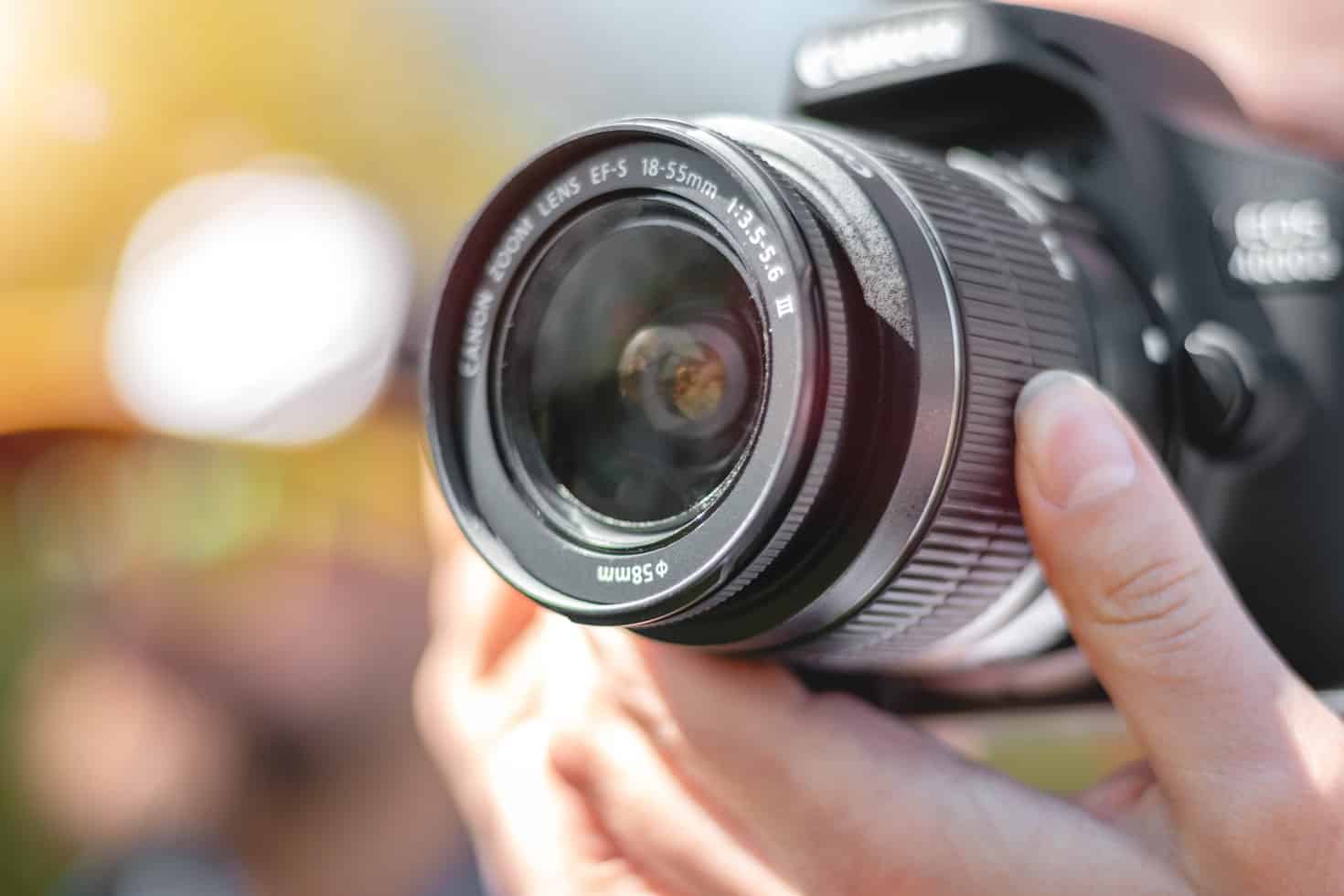
If you like taking pictures and have an eye for composition, you may use your skills in various sectors ranging from advertising to social events.
Photographers create visual images for a broad range of aesthetic, technical, and documentary purposes.
As a professional photographer, you will often work to a brief set by the client or organisation.
Some examples of work include weddings, family and newborns, fashion, food, architecture, and landscape photography.
The majority of professional photographers work for themselves. However, you might work for various enterprises, including creative firms, publishers, and photographic agencies, as well as in education and government.
Responsibilities
Throughout your apprenticeship, you may help:
- discuss a project with the client and agree the ‘brief’
- find and prepare the location for the photo session
- choose the right equipment and set up lighting
- compose and take photos
- use industry software to edit and process images
- check accurate colour match and image quality
- choose the best images for the client to use online or in print
- promote and run your business.
Salary
- Many apprentices to the profession start as assistants, where salaries can be set at the national minimum wage.
- In full-time employment, early career salaries are typically between £16,000 and £22,000.
- Salaries can increase to anywhere from £25,000 to £65,000. The top end of the scale is typically for those who have a strong reputation and are highly sought-after, which takes years of experience.
Working hours
Depending on demand, hours may be long and changeable. Wedding photography, for example, will be most in demand during the high spring/summer wedding season, while sports photography will need you to work weekends and evenings to cover matches and events.
Working environment
You could work in a creative studio.
Your working environment may be physically demanding and outdoors in all weathers.
Qualifications
Qualifications you can achieve as an apprentice photographer include:
- Level 3 Photographic Assistant – Entry requirements for this level include 5 GCSEs at grades 9 to 4 (A* to C), or equivalent, including English and maths, for an advanced apprenticeship. This qualification will take 18 months to complete.
Skills
On a photographer apprenticeship, you’ll learn:
- customer service skills
- excellent verbal communication skills
- to be thorough and pay attention to detail
- the ability to work well with others
- knowledge of the fine arts
- to be flexible and open to change
- patience and the ability to remain calm in stressful situations
- the ability to work well with your hands
- to be able to use a computer and the main software packages confidently.
Employers
Although journalism and medical photography are two of the most prevalent types of jobs for photographers, other organisations also provide regular positions:
- The Police
- High street photographers
- Commercial studios
- Large organisations
- Cruise liners
- Holiday companies
- Theme parks.
Aside from commercial, aerial, architectural, corporate, documentary, editorial, fashion, fine art, gourmet, portraiture, scientific and technical, sport, sub-aqua, or wildlife photography, you’re likely to work for yourself – either as a freelancer, as the owner of a firm, or as a partner.
As a freelancer, you can create work in a variety of ways. Of course, self-promotion and a strong network are essential, but you could also use the services of a photography agency to find opportunities.
The growing number of picture libraries and stock agencies is an increasing market area.
Professional development
In an industry with so much self-employment and freelance work, it’s not surprising that training is primarily on the job and self-directed.
Academic courses sometimes have a substantial practical component, which is a wonderful place to start. Part-time programmes at local colleges include GCSE, AS, A-levels, City & Guilds awards, diplomas, and non-assessed courses.
Discussions, lectures, online displays, and workshops are all held at the AOP.
The Royal Photographic Society offers several certificates and courses. In addition, you may become a member of the organisation as a Licentiate (LRPS), Associate (ARPS), or Fellowship (FRPS) (FRPS).
The British Institute of Professional Photography (BIPP) also offers three levels of accreditation.
If you want to establish your own photography business, you should take business classes, especially ones that cover marketing and promotion, copyright and contracts, and basic accounting and financial management.
Career prospects
Because there are so many different types of photography, there is no set professional route.
You’ll most likely begin as a studio assistant or assistant photographer and be expected to learn by observation and gain experience over time.
Membership in the AOP may help you progress professionally since it enables you to advertise yourself using their ‘Find a Photographer’ search option. In addition, the AOP offers a mentoring programme, seminars, and rewards.
You might also get professional accreditation via the Master Photographers Association (MPA). Certification is provided at three levels: Licentiate, Associate, and Fellowship. More information is available at MPA – Qualifications.
You will learn a lot from the photographer(s) who will hire you, build a portfolio and meet other photographers and stylists. On weekends or during quiet seasons, you can borrow equipment or use studio space to create your own work.
If you want to specialise, the best way to do it is to study various skills while staying versatile. You may switch between specialisations, provided you have the right portfolio.
Entering competitions, trying to get your art into galleries, and, most importantly, networking will help you build your reputation and consumer base.
You may further your career by working as a studio manager in a big photographic studio. Working as an agency, where you promote and sell the work of other photographers, is another option, as is part-time teaching or speaking.
